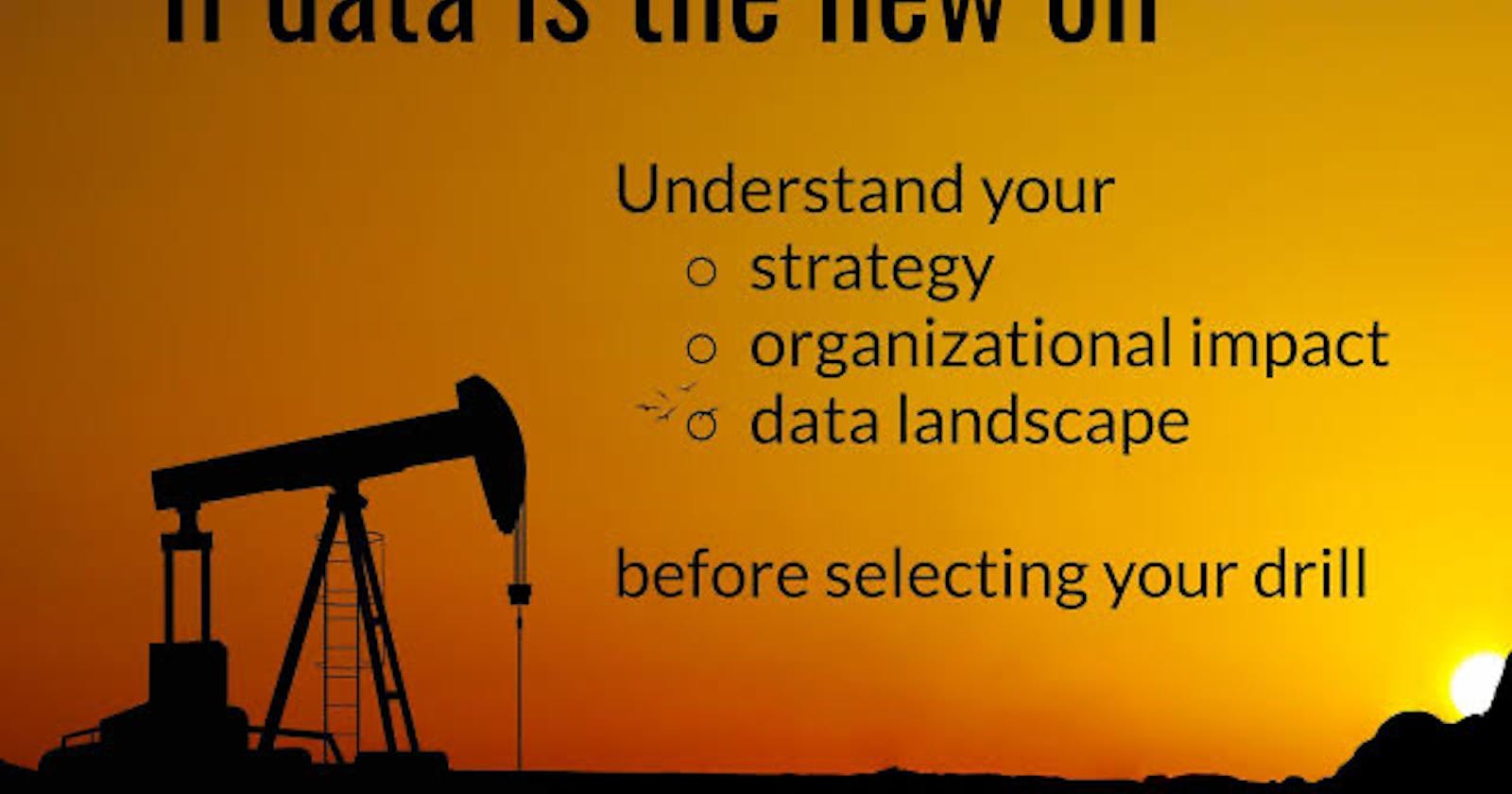Introduction
Oil is a lifeblood. Just as it serves as a heat transfer medium and contributes to flavour and texture of life, so is data in our world today.
Ever imagined the number of data created in a minute? And how these data affect the decisions we make everyday?
“1.145 trillion mb of data is generated every minute” ——Demo
The 21st century is an informative one. Information and technology has become the most relevant aspect of our life.
What can you do without the right information? What is information without DATA?🤷♀️🤷♀️
We’re in a tech-savvy world, even at the comfort of your home, information brings the world to you. Thousands of new technologies are springing up to make life easier and better.
Again, how can these be possible without Data?
What is data
“Data are units of information, often numeric, that are collected through observation” Wikipedia
Data as a general concept refers to the fact that some existing information or knowledge is represented or coded in some form suitable for better usage or processing.
Raw data ("unprocessed data") is a collection of numbers or characters before it has been "cleaned" and corrected by researchers.
Data is data, as my professor used to say. It’s not really that difficult. Data can be anything, Data can be everything from personal data like age, gender, and height, to data collected from sensors on ships or from the production process in a factory.
Data as oil
Data is the new oil.” The quote goes back to 2006, and is credited to Mathematician Clive Humby, but has recently picked up more steam after the Economist published a 2017 report titled >“The world's most valuable resource is no longer oil, but data”.
A decade ago, oil was the economy's saviour. The industrial world depended on oil for many things. From oil came employment, manufacturing, revenue, etc
Sadly, the use of oil brought about fossil fuels and global warming.
In a digital century like ours, Data is our oil. The application of big data cuts across all areas of the economy including:
- Future Healthcare.
*Market Basket Analysis. ...
*Manufacturing Engineering. ...
*CRM(customer relationship management).
*Fraud Detection. ...
*Intrusion Detection. ...
*Customer Segmentation. ...
*Financial Banking.
*Location Tracking
*Precision Medicine.
*Advertising: ...
*Entertainment & Media
Data flows everywhere but we need to drill into it to gain useful insights.
Data beyond oil
Unlike oil, data will not be “used up”; data is infinitely renewable.
According to statistica, >“ there are 4.66 billion active internet users around the world in January 2021”
The more data is used, the more data is created .
The same data can be utilized in multiple ways, for different reasons.
Data does not decrease in value due to multiple usage.On the contrary, the value of data will often increase when used and applied over and over again.
Merging two or more complementary data sets can provide more insight than keeping them apart. This is why data sets from different related sources can be used to gain more accurate facts.
Unlike oil, the value of data doesn’t grow by merely accumulating more. It is by the useful insights generated through analytics and combinations of different data sets and data processing techniques that provide the real value.
It is important to understand that data has no value by itself.
Data in its raw form is just a collection of numbers and variables without meaning.
Digging deep into these numbers generates insights that business owners use for vital decisions making .
Data are measured, collected and reported, and analyzed, and from data visualizations such as graphs, tables or images useful insights are made available.
Data value is created in a business and economy when data is used as a contributing factor for improvement, renewal, and creation.
When businesses use data to create value, they do this in order to streamline their operation, influence their ability to change or renew their business, or both. That is:
Improve business operations. This could involve making business processes more effective, making more precise predictions, better – and quicker – customer response, better quality decision making processes, etc.
Influence your own ability for innovations and creation : This could mean developing a new organizational model, new communication channels or developing completely new products and services.
The use of data has the potential to enhance economic competitiveness and productivity growth across our economy, whether that is through fostering new products, processes, organizational methods and markets, or even enabling entirely new business models.
Data technology
5 technologies that will be crucial for businesses and society on our path to a more digital future. These technologies are:
- artificial intelligence,
- Big Data,
- Internet Of Things (IoT), autonomous systems, and robotics and automation.
The common denominator for all these technologies, and the most important ingredient, is data itself>

